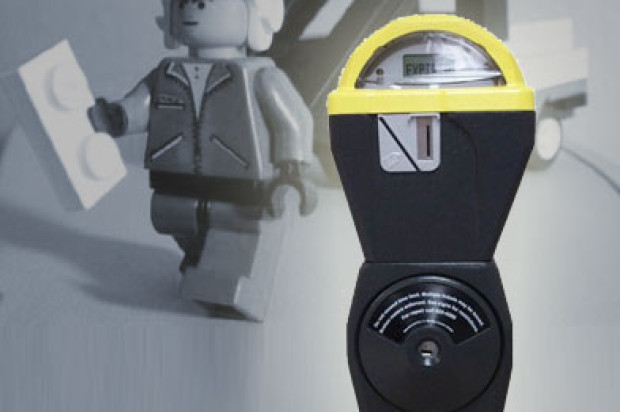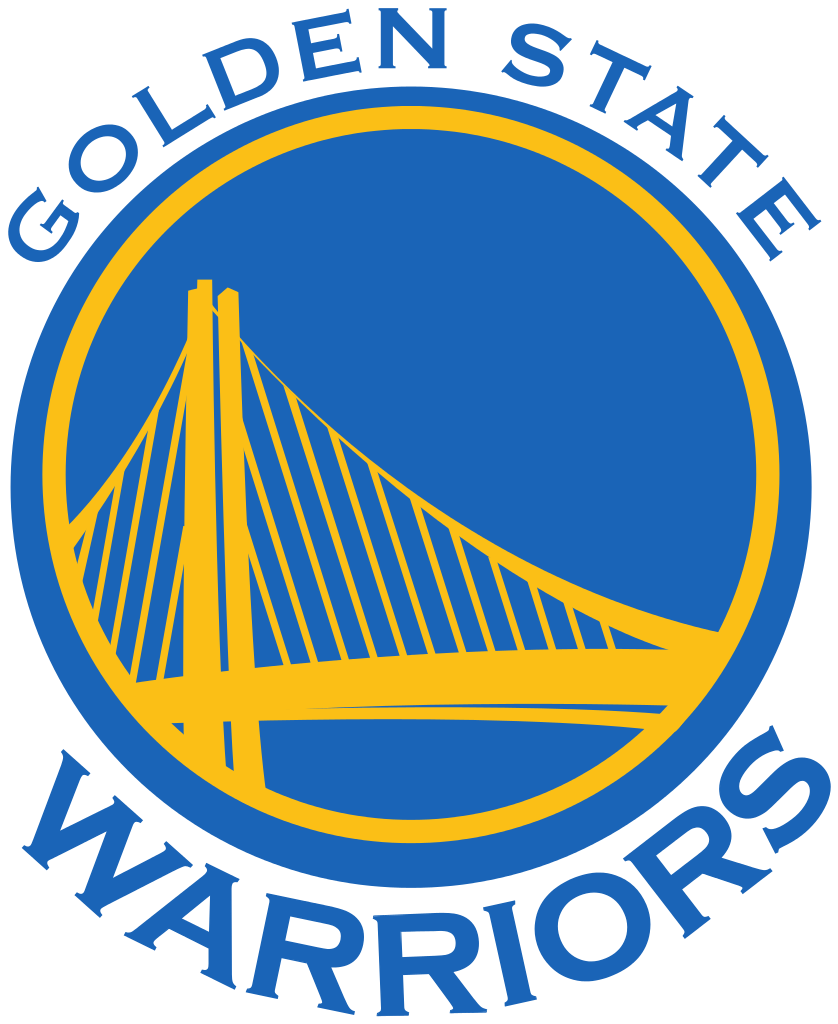
Contract negotiations between the city and its parking enforcement officers have ground to a halt, and the union’s workers are considering a work stoppage, according to sources familiar with the negotiations.
The parking enforcement officers — also known as meter maids — are currently participating in a work slowdown, and are contemplating a sick out, a coordinated effort to call in sick on the same day, according to a parking enforcement officer who declined to be identified in an effort to protect his employment. The slowdown apparently involves relaxing meter enforcement while continuing certain required duties such as on-call driveway enforcement.
Reached by telephone Friday afternoon, SFMTA spokesman Paul Rose told the Appeal the city has no knowledge of the possibility of the union action. “We’re not aware of an upcoming work stoppage,” said Rose. The city declined to discuss the negotiations in detail.
Unlike the city, SEIU 1021, the parking enforcement officers’ union, has no trouble airing its grievances, saying that parking enforcement officers are performing duties far above and beyond their job description.
According to the union’s chief negotiator, Leah Berlang, these include natural disaster assistance, traffic control during San Francisco Giants games, and preserving crime scenes, among other things. Those duties, Berlang says, often carry risks to employee safety and might be beyond their expertise.
“We’re asking to be compensated for the extra duties,” Berlang told the Appeal. “We’ve sacrificed throughout the years through furloughs, and we were hoping that now that we’re facing good times, some of that money would go back to keeping city streets safe.”
Berlang denied an official sick-out and work slowdown, but did say that the rumored action was “possible” as “some” employees, upset over their treatment by the city, have elected to do only what their job description entails — a time honored labor tactic called work to rule.
Despite the union’s denials regarding an official action, a parking enforcement officer told the Appeal that a union leader asked for his cell number in order to send an SMS message about an upcoming sick-out. The parking enforcement officer also said that the average number of citations he wrote per shift has dropped from dozens to 10 or under, as a result of the union’s directives.
Needless to say, in addition to a work slow down, a sick-out could have immediate consequences for the city’s transportation and economy. Not only could tow-aways and meter enforcement come to a standstill, but numerous other duties, such as traffic control during events like Giants games, might have to be handled by other city agencies, or might not be handled at all.
For example, anyone who pays to remove a “boot” — a device attached to a vehicle’s wheels after repeated parking violations, making it impossible to move — wouldn’t be able to get it removed until the parking enforcement officers return to duty.
Parking enforcement officers are contractually prevented from striking, as their services are considered essential by the city. Neither sick outs nor work slowdowns are in and of themselves illegal, however, although it’s possible for the city to obtain injunctions on a concerted union-wide effort.
But, because the union isn’t officially sanctioning a sick out or slow down, even an injunction would difficult to enforce, according to labor lawyer Joe Grodin.
The union plans to hold a noontime rally at One Van Ness Ave today, according to the parking enforcement officer.









